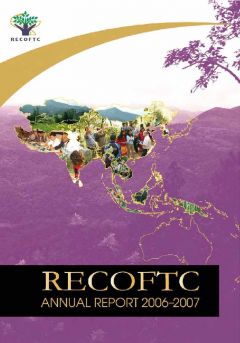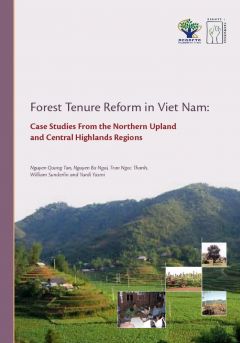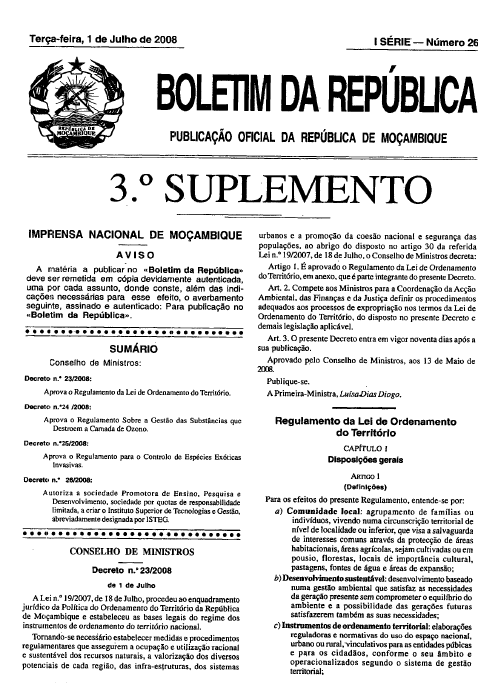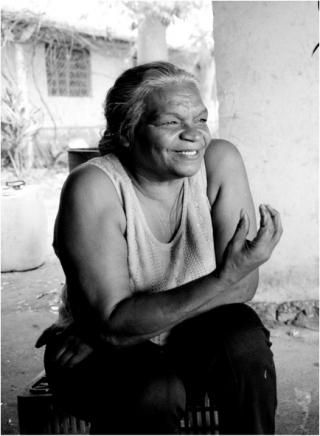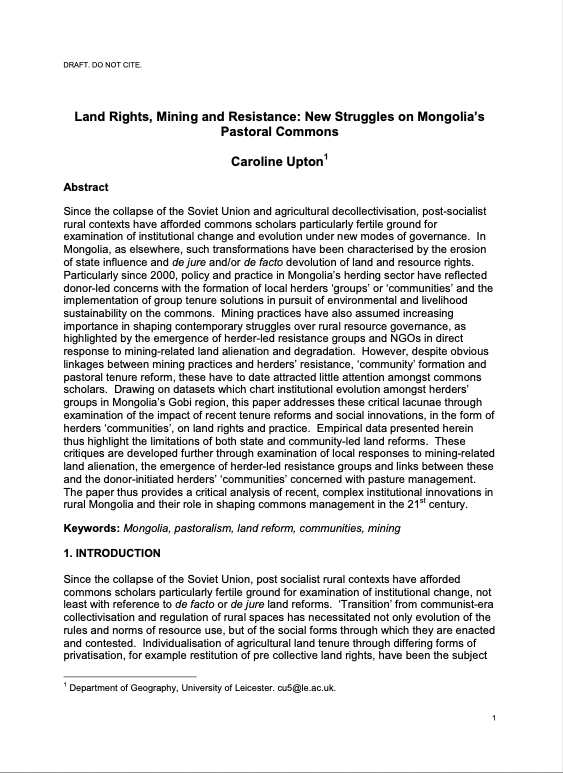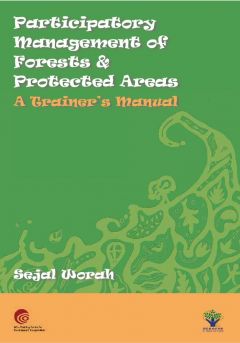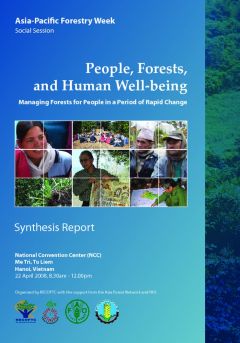RECOFTC Annual Report 2006-2007
"I believe that the work of RECOFTC is of greater importance now than any time in its 20 year history. Governments of the region face enormous new challenges as they seek to develop forest conservation and management regimes that simultaneously reduce emissions from forest loss and degradation, contribute to national economic development, and meet the needs and aspirations of forest-dependent people. The people who live and work in communities in and near forests can be the most effective allies in these efforts."
Summary
-
Strategic Implications

